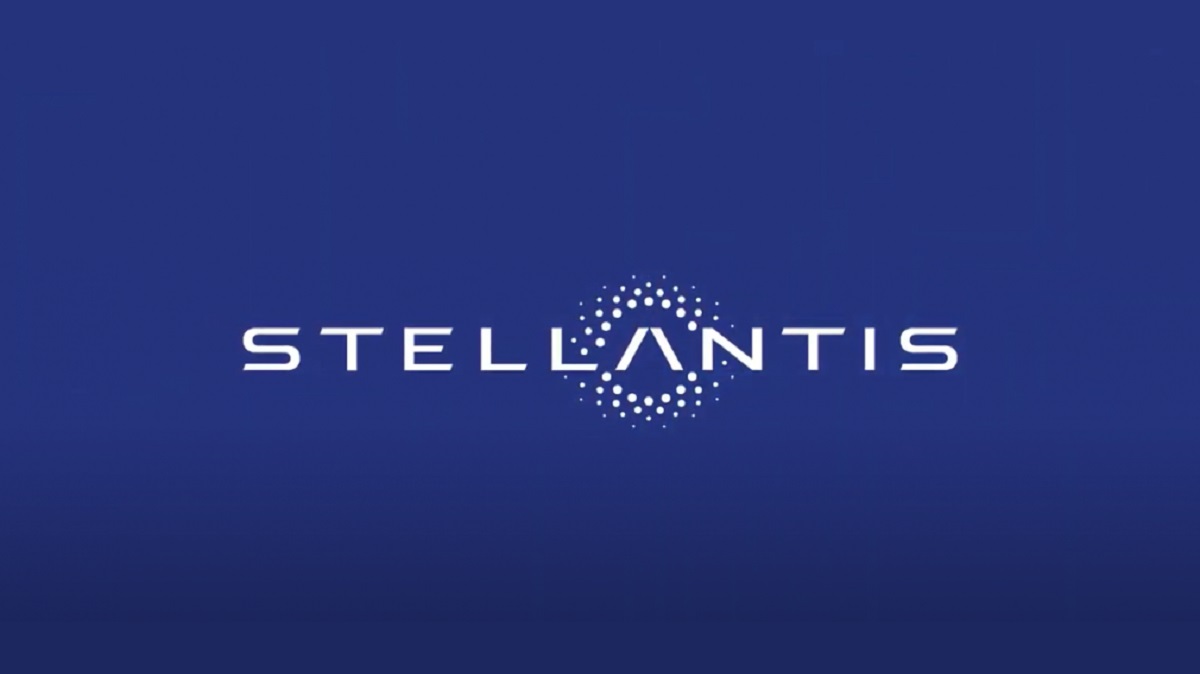The plant represents an initial investment of €200 million and will assemble 90,000 cars annually for Algerian market with over 35% localization rate
Egalement disponible en Français
ORAN, Algeria, December 27, 2023/APO Group/ —
Stellantis (www.Stellantis.com) delivers on its commitment made in November 2022; The plant represents an initial investment of €200 million and will assemble 90,000 cars annually for Algerian market with over 35% localization rate; This strategic move illustrates a long-term commitment to the development of the Algerian automotive industry, job creation, and technology transfer; Letter of Intent signed aiming to accelerate Stellantis contribution to the development of the Automotive Ecosystem in Algeria; Algeria will play a key role in Stellantis Middle East and Africa Dare Forward plan to become one of the leading automotive players in the region with a strong industrial footfprint and a production capacity of over 1 million vehicles per year.
Stellantis delivers on the commitment made in November 2022 announcing the start of production in its manufacturing plant in Tafraoui – Algeria, a strategic move to bolster the development of the country automotive sector through localized manufacturing of Fiat models, including Fiat 500 and Fiat Doblò, and to further strengthen Stellantis’ market share in the Middle East and Africa region.
The inauguration ceremony, chaired by Mr. Ali Aoun, Minister of Industry and Pharmaceutical Production, featured Mr. Carlos Tavares, Stellantis Chief Executive Officer, Mr. Valentino Valentini, Vice Minister of Enterprises and Made in Italy, HE. Mr. Giovanni Pugliese, Ambassador of Italy in Algeria, Mr. Saïd Saayoud, Wali of Oran, Mr. Samir Cherfan, Stellantis Middle East and Africa Chief Operating Officer, Mr. Olivier François, FIAT Chief Executive Officer, Mr. Florian Huettl, Opel and Vauxhall Chief Executive Officer, Mr. Arnaud DEBOEUF, Chief Manufacturing Officer and Mr. Hakim Boutehra, Managing Director of Stellantis Algeria, Tunisia.
On this occasion, a Letter of Intent has been signed between Stellantis and the Algerian Authorities to accelerate Stellantis contribution to the development of the Automotive Industry; a step 2 ambition, in terms of production capacity, local integration rate and the creation of a Stellantis Academy in partnership with the Algerian Education Ministries. This new phase is associated with conditions of success that are being discussed between the two parties.
“Today, a letter of intent regarding the expansion of Stellantis’ industrial project in Algeria will be signed to increase the production capacity of this plant, which will be oriented towards the local and export markets,” declared Ali Aoun, Minister of Industry and Pharmaceutical Production, during his speech. “We, as public authorities, commit to ensuring the support of all investment projects aimed at creating wealth and employment.”
This strategic move illustrates a long-term commitment to the development of the Algerian automotive industry, job creation, and technology transfer
“Our Dare Forward 2030 plan envisioned Algeria being cemented into Stellantis’ regional future, and today we’re proud to have followed through on this plan by bringing Fiat brand to the country and providing great models to our Algerian customers through the manufacturing of the cars in Algeria,” said Stellantis CEO Carlos Tavares. “This is the beginning of a journey of growth and development for the benefit of the citizens of Tafraoui and Algerian customers. With today’s further announcement, we are poised to increase our commitment towards the country”.
This development follows the automotive specifications agreement signed in November 2022 with the Algerian Investment Promotion Agency (AAPI), confirming a framework agreement signed on October 13, 2022. The agreement initiated the development of industrial, aftersales, and spare parts activities for FIAT. Stellantis and its suppliers have committed an initial investment exceeding €200 million for the manufacturing of four models.
The Tafraoui plant, covering an area of 80 acres, will initially have an annual assembly capacity of 90,000 cars, featuring a range of four models, beginning with the Fiat 500 and the Fiat Doblò. In 2024, we aim to produce 40 000 units in SKD. The plant will reach 90 000 units in CKD including painting welding and stamping by 2026.
The industrial project has already created 500 direct jobs in Algeria in 2023, with the aim of reaching 1,200 jobs by end of 2024 and 2,000 jobs by 2026. In addition, the local supplier ecosystem will create over 1,600 indirect jobs by 2026.
Stellantis is committed to supporting Algerian authorities in developing the automotive industry and serve Algerian customers. The long-term commitment also includes developing a local supplier’s ecosystem and achieving a localization rate surpassing 35% in 2026, two years ahead of the regulatory threshold of 30%.
Additionally, knowledge and technology transfer are key and will be focusing on mastering advanced technologies, including electrified and electric vehicles. The current Stellantis and Suppliers operational teams have already undergone 125,000 hours of training in 2023; while the network staff has been trained over 15 000 hours. In addition, an “Automotive” University Diploma has been created for the factory technical and management teams and processes to guarantee Customer Satisfaction have been developed and deployed across the commercial network.
Stellantis launched its commercial operations in Algeria in March this year and has had a very strong ramp-up, closing the year with more than 50 points of sales covering 65% of the Algerian territory while offering 9 models and 2 brands: Fiat and Opel; with a team with close to 900 people and a robust logistics setting to deliver daily cars to our esteemed Algerian customers.
As part of this commitment, Algeria is positioned to become an export platform for Stellantis in the Middle East and Africa region. Benefiting from the advantages offered by Algeria, Stellantis aims to position the country as a strategic hub for automotive production.
Distributed by APO Group on behalf of Stellantis.


 Business4 days ago
Business4 days ago
 Business3 days ago
Business3 days ago
 Business4 days ago
Business4 days ago
 Events3 days ago
Events3 days ago
 Business4 days ago
Business4 days ago
 Energy3 days ago
Energy3 days ago
 Energy2 days ago
Energy2 days ago
 Business4 days ago
Business4 days ago













